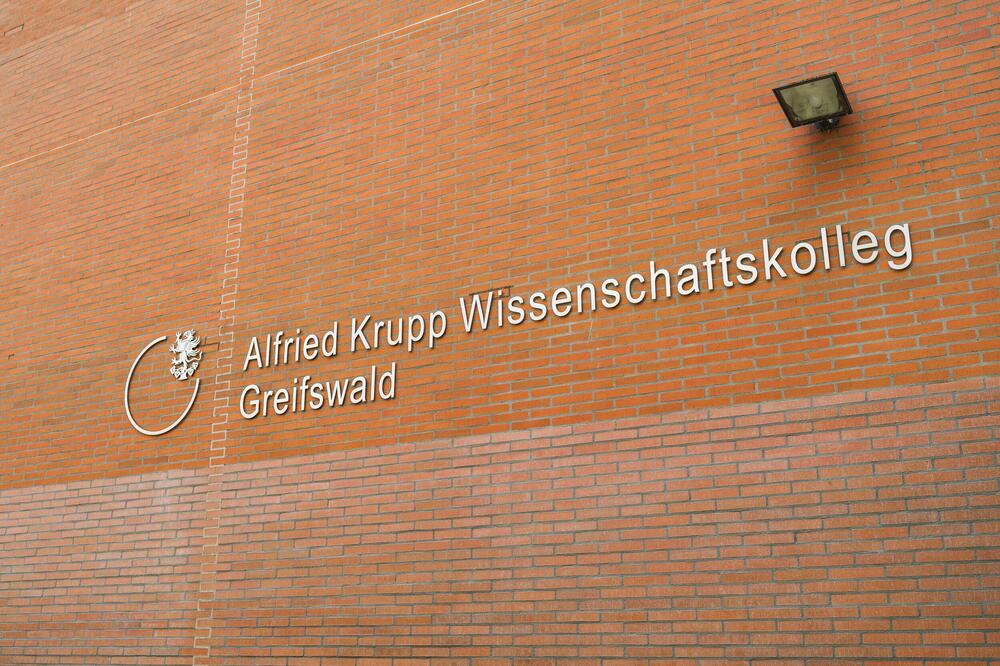For the last ten years in Germany, it has been customary in large family firms to finance studies on the past of the firm and its owners during Nazism.
Thus, one's own dirty laundry is brought to the public, but as a rule, only when everyone who was at the head of the company in bad times dies.
Admittedly, it was never a secret that the steel production concern "Krup" was involved in the crimes of the National Socialist regime in Germany in the thirties and forties.
The company did not only produce weapons for wars of conquest, but its plants exploited tens of thousands of people, both forced laborers and those who were held in concentration camps.
Alfred Krupp von Bohlen und Halbach, born in 1907, took over the company from Essen as sole owner in 1943. At the trial in Nuremberg in 1948, he was sentenced to long imprisonment, primarily for exploiting people interned in the camps.
Krup was pardoned in 1953, when he took over the company again. He pledged not to produce any more weapons. Alfred Krupp appointed Berthold Bajc, a man who as a manager of the oil industry during Nazism, saved several Jews from deportation, as the representative of the company. Krupp died in 1967 in Essen.
But for a long time it was a mystery what Alfrid Krupp's personal relationship was with the Nazis. In the XNUMXs, the historian Golo Mann (one of the sons of the famous writer Thomas Mann) wrote a biography of Krupp in which he concluded that the steel manufacturer "wasn't evil, but he was zero of a man."
Profit above all else
Now in Essen, the results of a study commissioned by the "Krup" Foundation from historians were presented. Historians, led by Ekart Konce, combed the archives for a year.
The report states that Alfred Krupp was a member of several Nazi organizations. He became one of the donors of the infamous SS back in 1931. He joined the party in 1938, but not on his own initiative, but, as stated, "by direct order of Hitler".
That relatively late entry into the party does not speak of Krup's skepticism towards the Nazis, historians conclude. On the contrary, the archives show that the steel manufacturer had excellent contacts with Minister of Military Industry Albert Speer and other Nazi leaders.
According to the report, Krupp counted on profiting from his closeness to the regime. He was part of the economic elite "which was ready to take advantage of Germany's war successes and occupation power".
Few concerns kept as many forced laborers during the war as Krup. Historians believe that the commonly used figure of 100.000 exploited workers is too low.
The study states that the bosses in Krupa consciously counted on the work of the camp inmates and opened factories in Markštet and Auschwitz precisely because of this free and disenfranchised workforce. Historians claim that Alfred Krupp was personally familiar with the "disastrous living conditions" of those workers, but that free labor was more important to him.
He never repented?
Even after the post-war pardon, Alfred Krupp did not give up his connections with famous Nazis such as Fritz Schlesmann, a former SS officer in Essen.
Krupp, together with other iron and steel producers, participated in the so-called "aid to the Landsbergs" after the war.
This refers to ex-prisoners from Landsberg prison, half of whom had connections with the SS, and a third of whom were convicted of crimes in the camps. Businessmen collected a total of one hundred thousand German marks for these people in the fifties.
Historians conclude that Alfred Krupp "had no signs of critical reflection". Simply put, he never repented.
But work on the biography will continue. At the end, the collection of works should cover the period of Alfrid Krup's childhood, his role as an entrepreneur and the like. The "Krup" Foundation supports two-year research with a sum of up to 150.000 euros.
Alfrid Krupp was also the last owner of a huge concern with the surname Krupp. After his death, the Foundation took over the management of the factory.
After the merger with another concern at the end of the nineties, the Thyssen-Krupp company has remained the largest German steel producer with around one hundred thousand employees and a turnover of over forty billion euros.
Bonus video:





